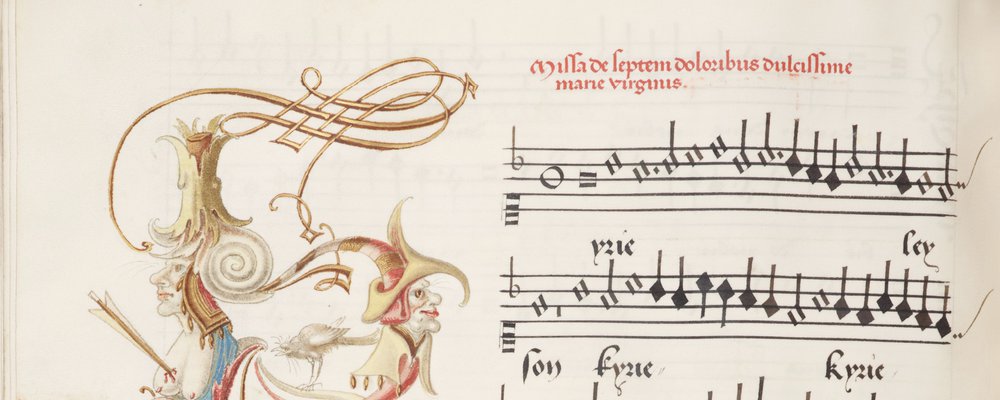Authorship and Anonymity in Sixteenth-Century Music: The Case of the Alamire Manuscripts

B-Br-ms-215-216 f. 20v © KBR, Alamire Digital Lab
The attribution of a musical work to a composer does not seem to have been one of the more important factors of sixteenth-century manuscript production. This project aims to answer what anonymity meant in early modern Europe during a period of increasing composer attributions. It takes as a starting point the Alamire manuscripts, undoubtedly the most astonishing surviving sources of Renaissance music. They comprise more than 60 choirbooks prepared at or around the Burgundian-Habsburg court between 1498 and 1534.
Beautifully copied and exquisitely decorated, these products of the scribal workshop of Petrus Alamire contain over 600 polyphonic works by three generations of leading Renaissance composers. This unique complex of music manuscripts is vital to any understanding of sixteenth-century music, but deplorably little is known about the circumstances in which they were conceived, produced, and utilized. While many of the works are attributed, 25% of the repertoire is anonymous; these works have never been edited, examined, analyzed, or contextualized. The project thus has three main ramifications: to examine anonymity as a cultural phenomenon and the role of attribution in creating a canon; to edit and contextualize the anonymous repertoire in the Alamire manuscripts; to examine what the Alamire manuscripts tell us about the value of book ownership, music ownership and the modus operandi of the workshop.
